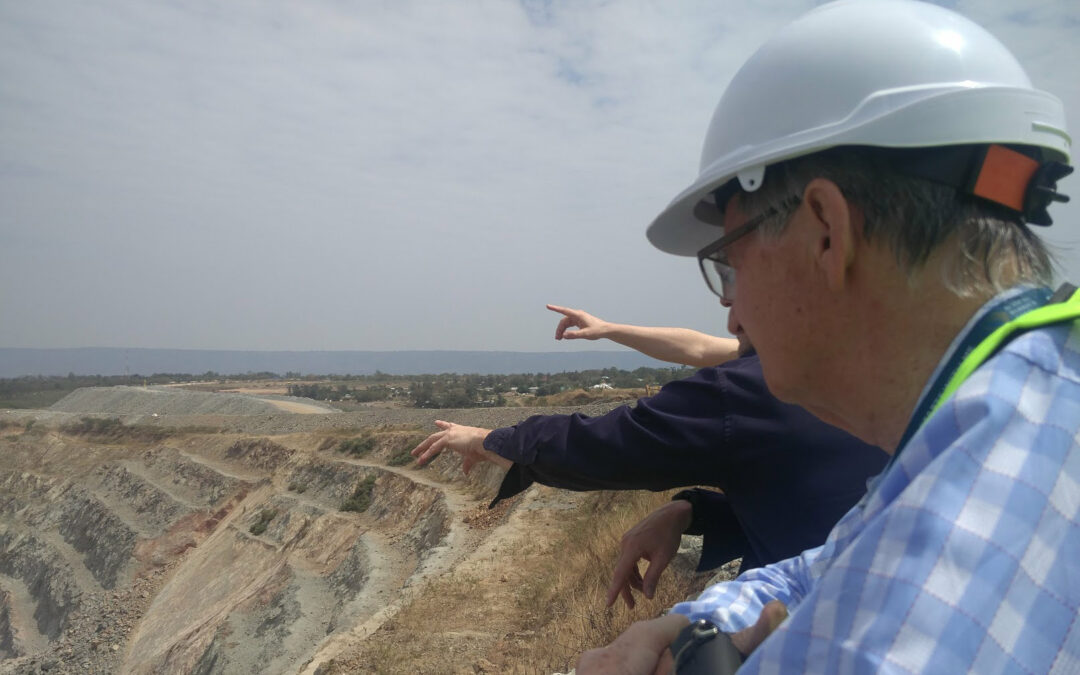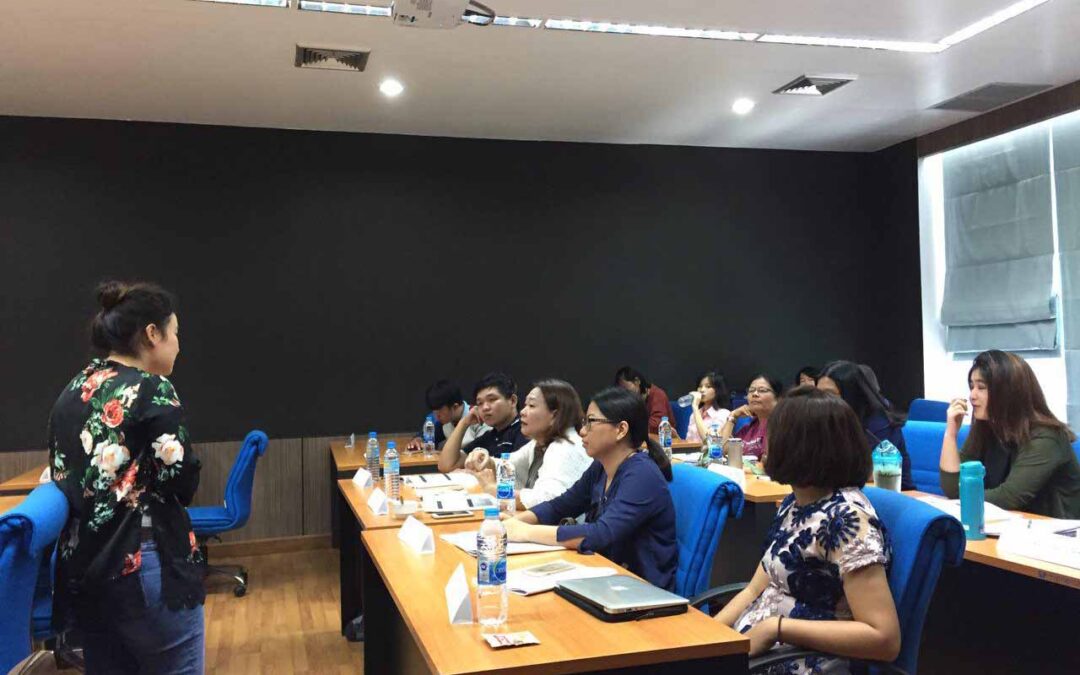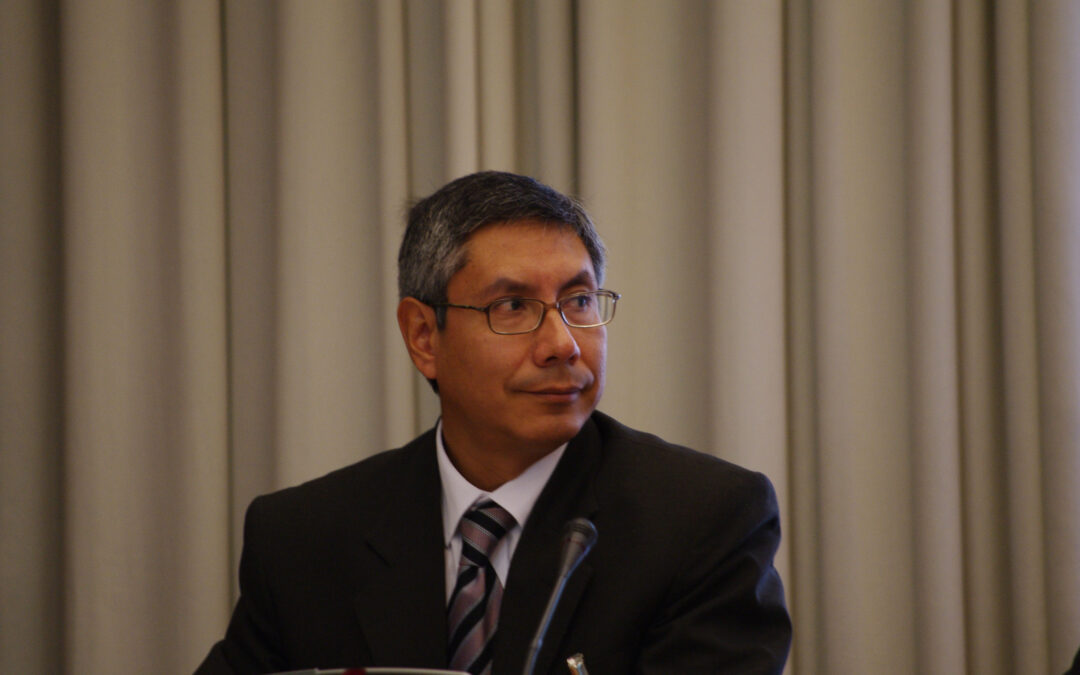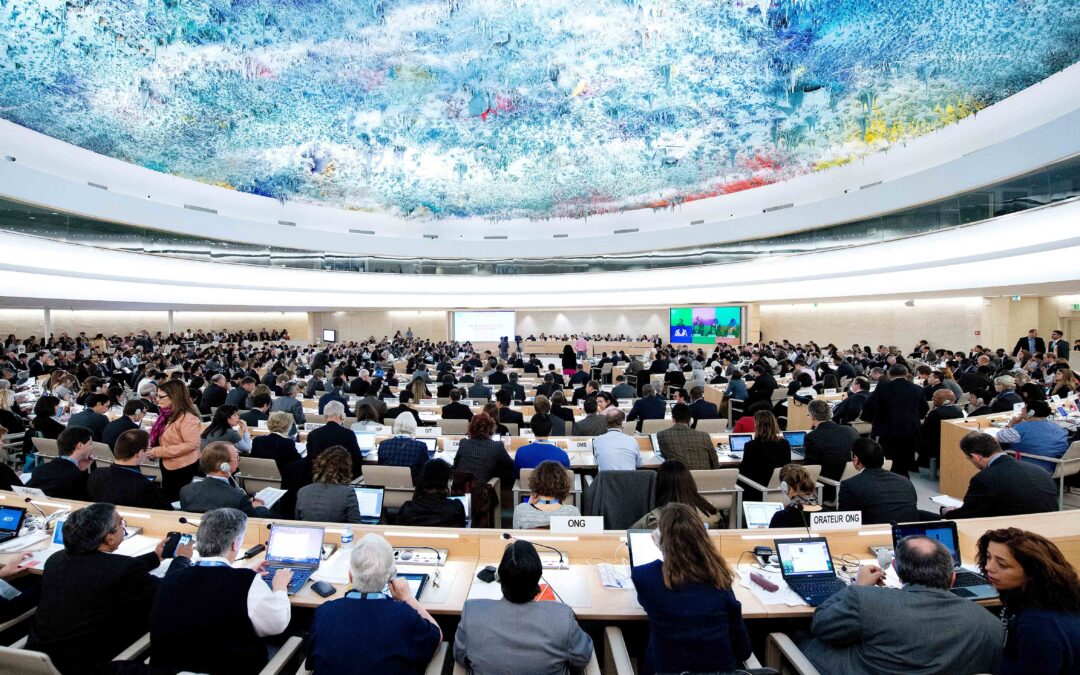
Sep 1, 2017 | Feature articles, News
Today, an ICJ delegation concluded a learning and assessment mission to the North Mara region and the North Mara Gold Mine Ltd, a subsidiary of Acacia Mining plc located in north-west Tanzania in the Tarime district of the Mara region.
The visit took place between 27 August and 1 September.
The objective of the ICJ Mission was to learn about the operation with a view to assessing the effectiveness of the North Mara Gold Mine’s operational grievance mechanism (OGM) in addressing complaints over alleged human rights concerns and abuses committed in connection with the mine’s operations.
The members of the ICJ delegation were: ICJ Commissioners Justice Ian Binnie and Alejandro Salinas, accompanied by Mr Carlos Lopez, ICJ Senior Legal Adviser, and Mrs Antonella Angelini, researcher.
Read the full story here: Tanzania-BHR mission North Mara-News-Features article-2017-ENG (in PDF)

Jul 31, 2017 | News
On 29-31 July 2017, the ICJ, in collaboration with Chiang Mai University’s Faculty of Law, held a workshop on “Introduction to Business and Human Rights & Basic Principles on Documenting Human Rights Violations” for 25 academics, NGO representatives and lawyers in Chiang Mai.
The objective of the workshop, held at the Chiang Mai University campus, was to provide an overview of the field of business and human rights, including the UN Guiding Principles on Business and Human Rights and its “Protect, Respect and Remedy” framework, which Thailand affirmed its commitment to on 31 May 2017, and the need for a binding treaty on business and human rights.
Day 1 focused on the UN framework as it applies to business and human rights, investment law, and strategic litigation.
Day 2 focused on criminal and civil litigation, women’s rights and business, children’s rights and business, and land rights.
Day 3 focused on the basic principles that apply to documenting and reporting on human rights violations.
The speakers at the workshop were:
- Daniel Aguirre, ICJ International Legal Adviser, Myanmar
- Irene Pietropaoli, Expert consultant on business and human rights
- Sanhawan Srisod, ICJ Associate National Legal Adviser, Thailand

May 30, 2017 | News
Representatives of large European business enterprises met today with State delegates and representatives of FIDH and the ICJ in Geneva to discuss their views on a prospective international treaty on business and human rights.
The meeting was organized by the FIDH and ICJ and took place under Chatham House rules.
The United Nations Human Rights Council started in 2014 an intergovernmental process towards an international treaty concerning business and the protection human rights.
The first draft elements of that treaty should be discussed in October 2017, after two years of preparatory consultations among the concerned stakeholders.
The meeting in Geneva took place in the context of growing involvement by key business leaders in international discussions, in dialogue with civil society and governments, around global human rights standards.
Business representatives present in the meeting expressed their views regarding the content of a future international treaty founded on their need to have level playing field regarding human rights responsibilities to operate in global markets.
They pointed out that the new treaty should apply to all businesses, go beyond the existing frameworks and create a framework for a fair human rights based competition among businesses towards higher standards.
State delegates and NGOs representatives also shared their perspectives noting that the current circumstances call for bolder collective action as a matter of urgency.
Most participants underlined the key role that State agencies should play in enforcing the rules at the local level and in protecting their people.
Finally, a call was made for businesses, civil society and governments to take their responsibility to promote global human rights binding rules for business operations, including in the global marketplace.

May 3, 2017 | Advocacy
ICJ’s Senior Legal Adviser Carlos Lopez made an important speech today at a Joint Hearing of the European Parliament’s Committee on International Trade and Subcommittee on Human Rights.
The declaration was about the United Nations intergovernmental process towards a treaty in the field of business & human rights.
This treaty could be a crucial instrument for the EU, European countries and European businesses to promote common global rules of respect for human rights that are stronger and enforceable vis a vis companies from all regions.
This will help level the playing field for the companies that have a genuine interest in human rights protection by creating a common standard.
For Governments, it is an important instrument to advance the objective of a level playing field for businesses in the global marketplace.
This is not only important and a condition of success for European businesses who currently have to compete with businesses that do not have to observe the same rules in other parts of the world, but is also a condition for the sustainability of economic globalization and its potential to deliver for the human rights for all.
Download Carlos Lopez’s speech below:
Europe-ICJ speech at the european parliament-ADVOCACY-2017-ENG (in PDF)

Mar 10, 2017 | Advocacy, Non-legal submissions
The ICJ made a joint statement on the report of the Open-ended intergovernmental Working Group on Transnational Corporations and Other Business Enterprises.
The intervention was made at the United Nations Human Rights Council on behalf of Franciscans International, International Commission of Jurists, Colombian Commission of Jurists and the International Federation of Human Rights Leagues (FIDH). All are members of the civil society coalition: “Treaty Alliance”.
The statement read as follows:
Our organizations welcome the report on the second session of the Open-ended Intergovernmental Working Group on Transnational Corporations and Other Business Enterprises with respect to human rights.
We are encouraged by the growing participation of States and other stakeholders in interesting and constructive discussions but remain concerned by the failure of some States to truly engage constructively with the process.
Civil society groups documented in these years countless cases of business involvement in human rights abuses. This demonstrates that existing mechanisms could be useful but are not sufficient and that a new binding instrument at the global level is needed.
The treaty should address all business enterprises and give States the tools to tackle the particular challenges posed by transnational corporations, providing the necessary protection to victims of human rights abuses, including Human Rights defenders who are targeted for their work and opinion.
Access to effective remedy and reparations remain problematic at the domestic and cross-border levels. In order to achieve the effective protection of human rights from business related abuses, the treaty should build on and go beyond existing international human rights standards and instruments.
We call on the Chair-Rapporteur to present a draft elements paper in accordance with the mandate of the Open ended Working Group. This paper should be as detailed as possible and reflect the discussions of the first two sessions, in order to facilitate the start of meaningful negotiations at the third session in October 2017.
We urge all stakeholders, especially States, to engage in constructive and substantive discussions on the content and scope of this instrument in the perspective of the third session.
The statement can be downloaded in PDF format here: HRC34-Joint Statement-IGWG Transnational Corporations-Advocacy 2017









